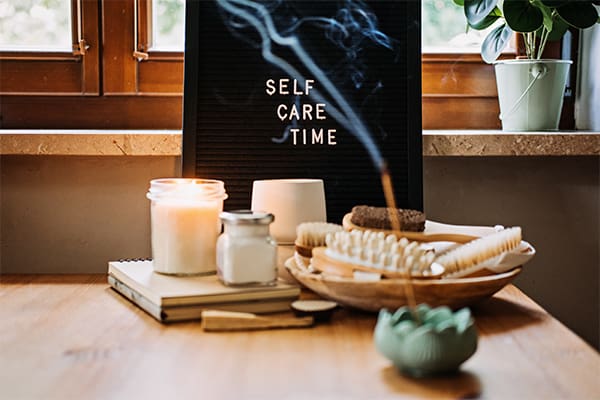
Research shows that self-care is often helpful for managing life after a cancer diagnosis, like mesothelioma. For a mesothelioma patient or survivor, self-care can help relieve negative emotions they may feel. It may also support mental health and improve quality of life.
People can use self-care in many different ways. For cancer patients, it means incorporating behaviors that reduce stress and boost positive feelings. Mesothelioma patients and survivors may find simple, personal practices that support their needs.
How to Practice Self-Care After a Mesothelioma Diagnosis
Mesothelioma patients and survivors have many potential self-care practices to choose from. People can consider their interests and which activities sound enjoyable. Depending on a patient’s overall energy levels, gentler activities may feel more approachable.
It might be easiest to start with a few and see how they feel. Some might not be the right fit. But people can explore many other options until they find the best ones for them.
Self-care doesn’t always have to feel luxurious or glamorous. It can also be productive, like getting quality sleep and taking doctor-recommended vitamins. Self-care can also be choices like seeing a therapist or eating a cancer-supportive diet.
Things to Consider When Choosing Self-Care Practices
A mesothelioma diagnosis may change what self-care is best for some people. For example, this may have been going to the gym with a friend. This may not be an option for someone with a compromised immune system. But other gentler practices are available, like finding a new nature trail to walk each week with that friend.
It can also be helpful to block out time specifically for self-care. Scheduling it in can help ensure these nurturing practices happen. If it’s difficult to fit them into a regular routine, consider some briefer activities. Then, practices that take more time can be done when possible. Feeling pressured about self-care is counterproductive. It’s better to be realistic about what works best.
Mesothelioma patients or survivors may have specific needs, which healthcare teams can help navigate. Together they can find the right self-care practices that help bring more ease during this time.




